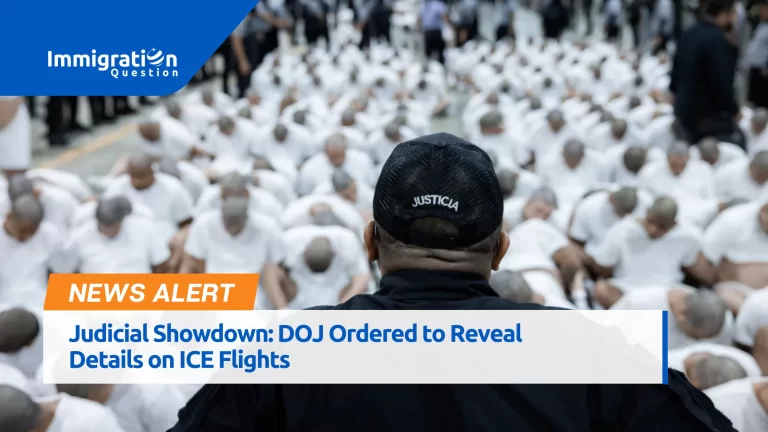The Ninth Circuit Court of Appeals recently ruled against a Mexican national’s claim to U.S. citizenship based on her mother’s naturalization.
The court determined that despite her mother becoming a U.S. citizen, the woman was not eligible for derivative citizenship due to her father’s voluntary acknowledgment of paternity.
This ruling highlights the complexities of citizenship laws and their impact on individuals and families.
The Ruling
U.S. Circuit Judge Ryan D. Nelson wrote on behalf of a 2-1 panel that Socorro Colin-Villavicencio, as someone born out of wedlock, could obtain derivative citizenship under the Immigration and Nationality Act (INA) if her father’s paternity was not established by legitimation.
Judge Nelson said Colin-Villavicencio’s Mexican birth certificate listed her father’s name and included her father’s signature.
In applying the law that applies to her birthplace, Baja California, Mexico, he noted her father thus voluntarily acknowledged paternity.
He further pointed out that the current Immigration and Nationality Act (INA) does not grant automatic citizenship to children in situations similar to Colin-Villavicencio’s, where the parents are unmarried, the father has acknowledged paternity, and only the mother is a naturalized citizen.
Judge Nelson stated that judges should not attempt to amend the law by interpreting it to cover scenarios not explicitly addressed by Congress.
Facts of the Matter
Prior Proceedings:
In June 2015, Colin-Villavicencio, who had been convicted of multiple felonies (two counts of felony child abuse, one count of possession of a controlled substance for sale and another count of just possession, faced removal proceedings initiated by the U.S. Department of Homeland Security.
She represented herself and claimed U.S. citizenship based on her mother’s naturalization. In her statement, she mentioned her parents were never married, and her father, a green card holder, had passed away. Colin-Villavicencio entered the U.S. legally as a young child and later sought permanent resident status after her mother became a naturalized citizen, as detailed in the court’s opinion released on Tuesday.
Rejection
An immigration judge rejected her citizenship claim and found her eligible for removal but granted her the opportunity to apply for relief.
Colin-Villavicencio sought relief under the Convention Against Torture (CAT), fearing persecution in Mexico due to her family’s experiences with organized crime. She testified about threats, violence, and extortion her deported brother and mother faced in Mexico.
Appeal:
The immigration judge denied her CAT claim and upheld the removal order, which the Board of Immigration Appeals later affirmed.
Colin-Villavicencio appealed the decision to the Ninth Circuit and the BIA’s affirmance to the Ninth Circuit Court of Appeals.
Citizenship Issue:
Judge Nelson affirmed the previous findings that Colin-Villavicencio did not qualify for U.S. citizenship.
CAT Claim:
Judge Nelson also rejected Colin-Villavicencio’s CAT claim, stating that she did not provide evidence of a specific risk of torture but rather offered a “speculative conclusion” that she faced the same risks her brother faced.
He noted that her brother’s attack in Mexico, which occurred ten years after his deportation, could have been related to his criminal activities rather than a generalized risk of torture.
Outcome:
As a result of the Ninth Circuit’s decision, the order of deportation against Colin-Villavicencio remains in effect.
To stay further updated and informed, keep an eye out on our news section or visit immigrationquestion.com to get answers/clarity to your immigration queries from seasoned immigration attorneys.










